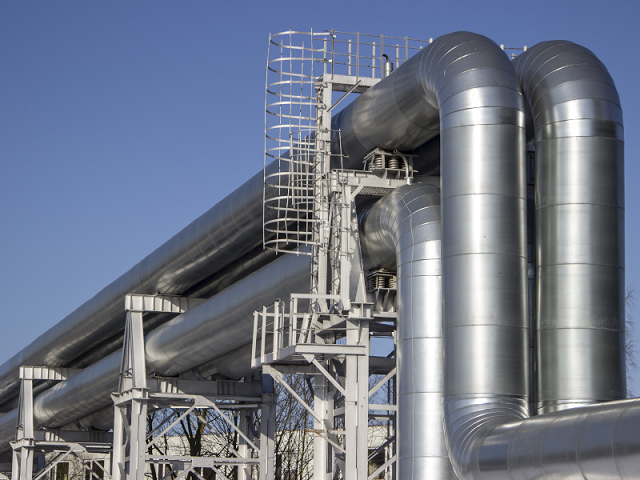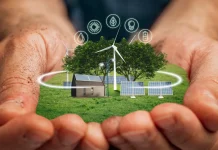Nigeria’s power generation climbed to 3,624.34 megawatts on Thursday after engineers from the Transmission Company of Nigeria (TCN) restored the national grid, which had collapsed the previous day. The grid failure, the 12th in 2024, had caused a nationwide blackout.
It was revealed that gas suppliers had halted supply to power generation companies (Gencos) over unpaid debts amounting to approximately N2.7tn. This action threatened to exacerbate the blackout, as 70% of Nigeria’s electricity is generated by gas-fired plants. On Wednesday, power generation dropped to zero megawatts by 2 pm following the grid collapse but rebounded to 2,412.89MW early Thursday and later peaked at 3,624.34MW by 7 pm.
Senior officials at the Federal Ministry of Power confirmed that the government intervened to resolve the gas supply issues, ensuring grid restoration and sustained power generation. A ministry official, speaking anonymously, stated, “The government cannot allow gas supply to be cut off.” Another source noted that the intervention likely included partial settlement of outstanding debts to gas producers.
The Chief Executive Officer of the Association of Power Generation Companies, Dr. Joy Ogaji, confirmed the halt in gas supply. “Gas suppliers have informed Gencos that they will not resume supply until outstanding debts are settled,” she said. She highlighted that Gencos had been allocating a portion of payments received from the Nigerian Bulk Electricity Trading Plc (NBET) to gas suppliers but described the amounts as insufficient.
Earlier this year, Minister of Power Adebayo Adelabu pledged to begin settling debts owed to Gencos and gas suppliers starting in April 2024. During a visit to Egbin Power Plc, Adelabu stated that the Federal Government was prioritizing debt repayment and collaborating with the Central Bank of Nigeria to address foreign exchange challenges in the power sector. “The Federal Government is now prioritizing outstanding debt payments as an incentive to ensure continued operation,” he said.













